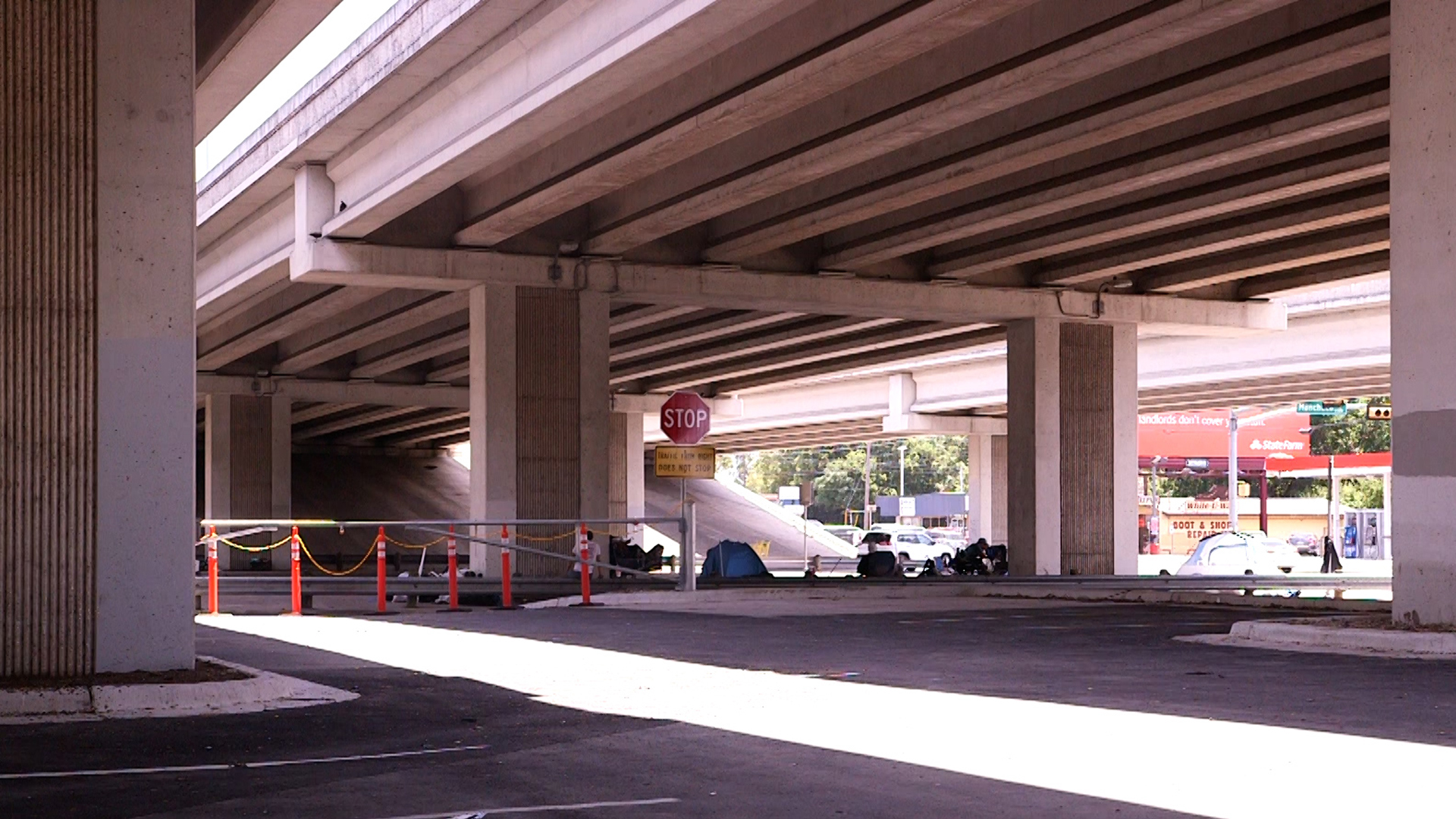
Social Services, Housing Policies Seen As National Challenges In Addressing Homelessness
This article was originally published by the Austin Monitor. To see the original post, click here.
Leaders in the movement to provide housing for homeless people agree there are more resources from the private, philanthropic and public spheres to fund projects, but the challenges of managing many demands and community priorities continue to slow their progress. Last week, Urban Land Institute’s national Housing Opportunity Conference convened in Austin, with financial professionals and program managers from across the country meeting to share their experiences and solutions for a variety of housing issues.
A session on the impact of deeply affordable housing focused on flexibility needed by affordable housing groups to manage the six or more funding sources typically needed to fund projects that are seen as essential to preventing people from losing their homes.
Rosanne Haggerty, president of New York-based Community Solutions, said there are many signs of progress across the country from cities that are finding ways to create housing and provide the services needed to address the health care needs and other issues that tend to accompany someone becoming unhoused.
“Communities like San Diego, they’re housing hundreds and hundreds of people every month in very tight housing markets. It is a challenge for all of us to get underneath the news headlines and our perceptions, to understand that there’s a lot working – and how do we strengthen that?” she said, while noting that homelessness is still increasing.
“If we all thought of ourselves first and foremost as housers, as people with critical roles to play together in a housing system in each community … there’s like 2 million people whose lives were deeply damaged because we don’t actually have a coherent housing system as a nation, as states, as communities,” she said.
SGI Ventures President Sally Gaskin shared her experiences getting approvals for two recent affordable housing projects in Austin, which required both financial flexibility to address last-minute changes in grant requirements and the involvement of an outside community advocacy group to address neighbors’ concerns about a project.
“Somehow, the neighborhood really felt that they had not been fully informed early on, but with every neighborhood association, they’re all similar in many ways but different in others. It’s all about ‘How is it going to change my neighborhood?’” she said, praising Austin Justice Coalition for its work to talk with neighbors one on one to address their concerns. “Having a grassroots organization that actually went out and knocked on doors really helped, because I think what happens is that in the absence of information from neighbor to neighbor that didn’t come to the meetings or wanted to fill in the gap, there’s a lot of speculation, and it’s not always on the most positive side.”
Gaskin said the willingness of city and state leaders to approve funding for affordable housing has made it easier to address homelessness in recent years. But finding the resources to provide ongoing social services is routinely more difficult. That cost can add several thousands of dollars per unit annually in the bottom-line expense for projects that might be seen as failures if their occupancy rate is unstable.
“The challenge is the services and operating subsequent to getting the building actually built and the facility built, as is having experienced property management that understands this population,” she said. “Right now, the organizations that have been doing it in Austin have been serving these populations in Austin and are extremely good, but they’ve been doing their own property management. We don’t have a depth of experience in the market for third-party property management. It’s growing, but it’s going to have to expand dramatically.”
Community journalism doesn’t happen without community support.
Got story ideas, advice on how we can improve our reporting or just want to know more about what we do? Reach out to us at news@klru.org.
And if you value this type of reporting, then please consider making a donation to Austin PBS. Your gift makes the quality journalism done by the Decibel team possible. Thank you for your contribution.
More in Politics:
See all Politics posts





Contact Us
Email us at news@klru.org